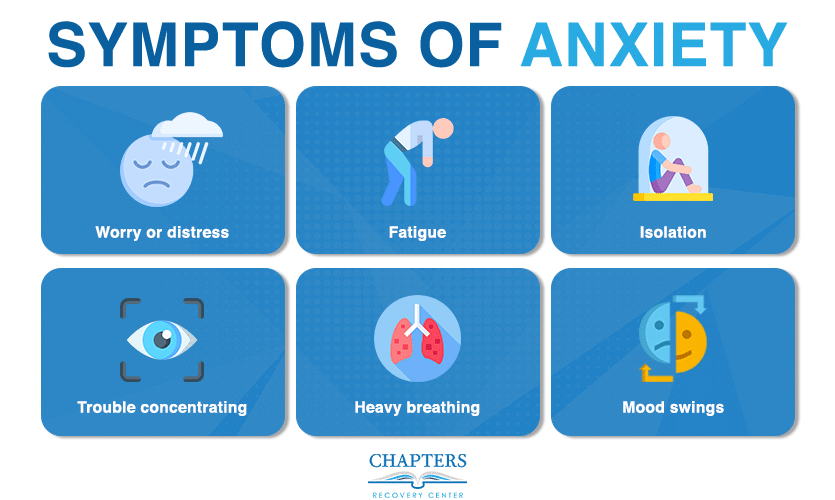Seroquel, an antipsychotic medication, plays a crucial role in treating bipolar disorder, schizophrenia, and depression, but you may wonder is Seroquel addictive? Its ability to balance dopamine and serotonin levels in the brain helps regulate mood and behavior, offering relief to many. However, like any medication, Seroquel comes with its own set of side effects and potential risks, including the possibility of addiction.
Understanding Seroquel’s Impact
As patients embark on their journey with Seroquel, it’s vital to stay informed about the common side effects. These can range from dizziness and drowsiness to more serious conditions like high blood sugar and heart rhythm changes. Recognizing these signs early can make all the difference in managing one’s health effectively.
Navigating Through Treatment
This blog aims to guide individuals through the complexities of Seroquel, highlighting the importance of monitoring and safe usage. With the right precautions and regular consultations with healthcare providers, patients can navigate the potential pitfalls, ensuring a path to recovery that minimizes risks and maximizes the medication’s benefits.
Understanding Seroquel’s Side Effects: What You Need to Know
When it comes to managing mental health with Seroquel, being well-informed about its side effects is paramount. This antipsychotic medication, while effective, carries the potential for various side effects, impacting users differently.
Recognizing Common Side Effects
Most individuals taking Seroquel may experience common side effects such as dizziness, drowsiness, dry mouth, and weight gain. These are typically manageable with adjustments in lifestyle or consultation with healthcare providers.
Expanded Insight on Seroquel’s Side Effects
When considering Seroquel for treating mental health conditions, understanding its broad spectrum of side effects is crucial. These effects range from common and manageable to rare and potentially severe.
- Common Side Effects: These include dizziness, drowsiness, dry mouth, and weight gain. While inconvenient, they often diminish as the body adjusts to the medication.
- Neurological Effects: Some users may experience headaches, trouble sleeping, or a feeling of restlessness known as akathisia. Rarely, more severe conditions like tardive dyskinesia or seizures can occur.
- Metabolic Changes: Seroquel can lead to changes in metabolism, manifesting as weight gain, increased blood sugar, or cholesterol levels. These changes underscore the need for regular health monitoring.
- Cardiovascular Concerns: The medication may cause changes in blood pressure, both elevated and lowered, and in rare cases, may affect heart rhythm.
- Gastrointestinal Issues: Nausea, vomiting, constipation, or rare instances of pancreatitis have been reported.
- Allergic Reactions: Though rare, allergic reactions to Seroquel can occur, presenting as rash, itching, swelling, and severe dizziness.
Each individual’s reaction to Seroquel can vary greatly, making personalized medical advice essential.
Addressing Serious Concerns
However, some side effects are more severe and warrant immediate attention. These include allergic reactions, heart rhythm changes, and high blood sugar levels. Being vigilant about changes in health and communicating openly with healthcare professionals can significantly mitigate these risks.
Navigating Through Treatment
For those on Seroquel, regular monitoring and adherence to prescribed doses are crucial. It’s essential to maintain ongoing dialogue with your care team, ensuring any side effects are addressed promptly to optimize treatment efficacy and safety.
Seroquel and the Risk of Addiction: A Critical Overview
The discussion of Seroquel’s addiction potential is essential for anyone considering or currently using this medication for mental health treatment. While Seroquel is not classified as a controlled substance indicative of a high potential for abuse, awareness and vigilance are key.
Identifying Misuse and Dependency
Misuse of Seroquel can lead to dependency, characterized by an increased tolerance to the medication’s effects and withdrawal symptoms upon cessation. It’s crucial for users and healthcare providers to monitor usage patterns and any signs of dependency closely.
Strategies for Safe Usage
To minimize the risk of addiction, adherence to prescribed dosages and regular consultations with healthcare professionals are vital. These measures ensure the medication is used effectively and safely, aligning with the patient’s treatment goals.
Awareness of the addiction potential and implementing safeguards can make a significant difference in treatment outcomes. Always seek professional guidance for any concerns about Seroquel’s use and its implications on health and well-being.
Ensuring Safe Use and Effective Monitoring of Seroquel
For individuals prescribed Seroquel, understanding how to use it safely while under medical supervision is crucial. This section will delve into strategies for minimizing risks and optimizing the medication’s benefits.
Adherence to Prescribed Dosages
Following the prescribed dosage strictly is fundamental. Any adjustments should only be made by a healthcare professional based on the patient’s response to treatment and side effects experienced.
Regular Health Evaluations
Routine check-ups are essential for monitoring the medication’s effectiveness and any side effects. These evaluations may include blood tests, heart monitoring, and discussions about any new or worsening symptoms.
Communication with Healthcare Providers
Open and honest communication with healthcare providers is vital. Patients should report any concerns, side effects, or symptoms immediately. This also includes discussing the use of other medications or substances, which might interact with Seroquel.
Awareness of Potential Interactions
Seroquel can interact with other medications, leading to increased side effects or reduced effectiveness. Informing healthcare providers about all medications, including over-the-counter drugs and supplements, is necessary.
Navigating Seroquel Interactions: A Comprehensive Guide
Understanding how Seroquel interacts with other medications and substances is crucial for ensuring its safe and effective use. Interactions can affect how Seroquel works or increase the risk of serious side effects.
Common Interactions to Monitor
- CNS Depressants: Combining Seroquel with central nervous system depressants like alcohol, benzodiazepines, or opioids can enhance sedative effects, increasing the risk of respiratory depression, dizziness, and impaired cognitive function.
- Antihypertensives: Seroquel can enhance the blood-pressure-lowering effects of antihypertensive drugs, leading to increased risk of hypotension.
- Anticholinergics: Drugs with anticholinergic properties (used for stomach cramps, Parkinson’s disease, or preventing motion sickness) can worsen Seroquel’s side effects like dry mouth and constipation.
Importance of a Tailored Approach
Given the variety of possible interactions, it’s essential for patients and healthcare providers to carefully manage all medications. Regularly updating healthcare providers about all substances being taken, including over-the-counter meds, supplements, and recreational substances, is vital.
This detailed look into Seroquel’s potential interactions emphasizes the importance of a personalized and informed approach to medication management. Always consult with healthcare professionals to navigate the complexities of medication interactions effectively.
Connect with Chapters for Comprehensive Support
If you or a loved one is navigating the complexities of recovery, know that you’re not alone. Chapters Recovery Center is here to provide comprehensive support tailored to your unique journey. Our programs are designed to complement traditional recovery approaches, offering a holistic path towards healing.
Embracing each step of recovery is vital. It’s a journey towards a healthier, more fulfilling life, enriched by the support of a community ready to stand by you. In Massachusetts, Chapters Recovery Center is part of that supportive community, offering guidance, resources, and personalized care to help you every step of the way.
Remember, recovery is a journey that takes courage, commitment, and the support of those who understand. At Chapters, we’re committed to being a part of your support system, helping you to navigate the challenges and celebrate the victories. Reach out to us today, and take the next step in your recovery journey with confidence.








